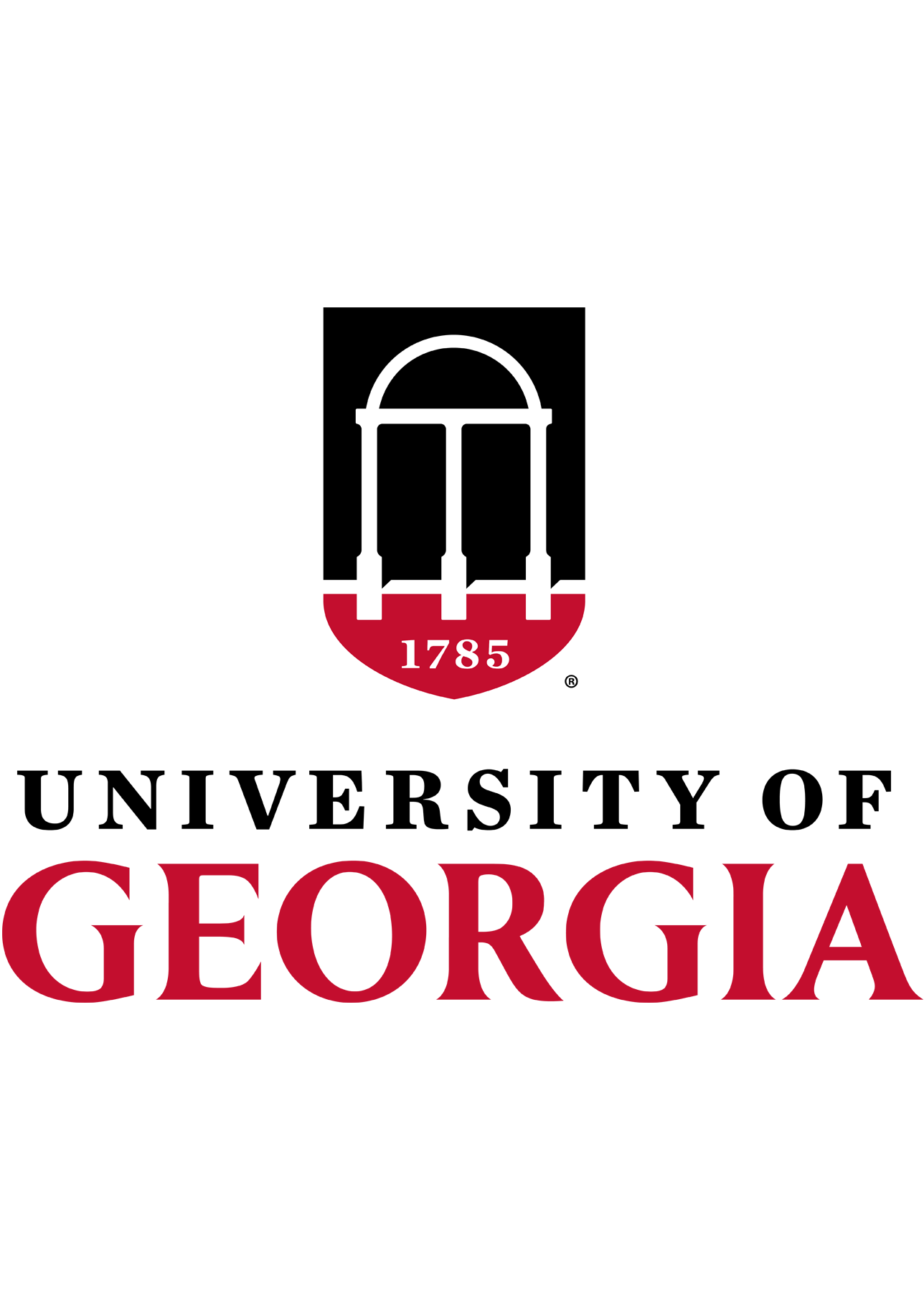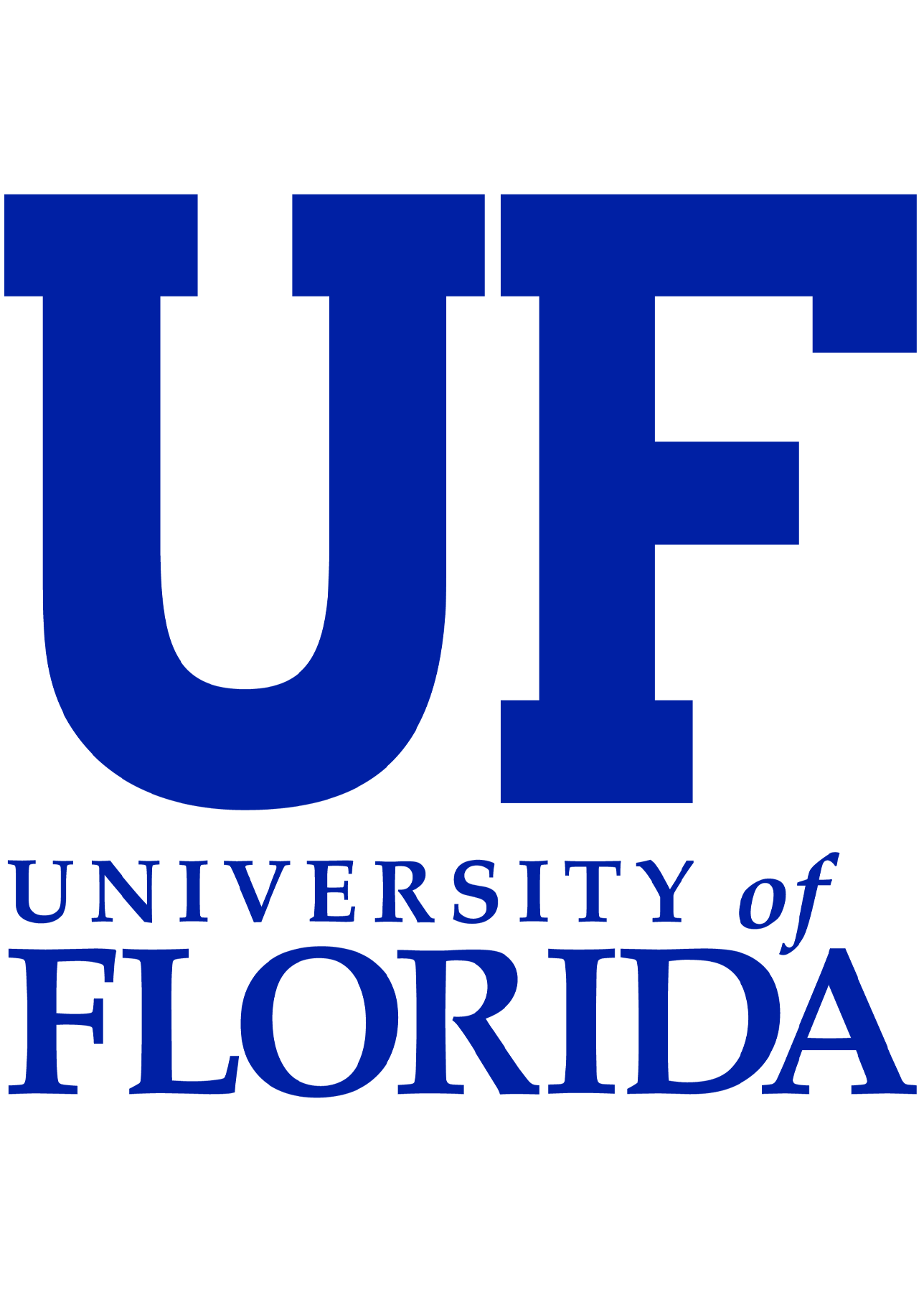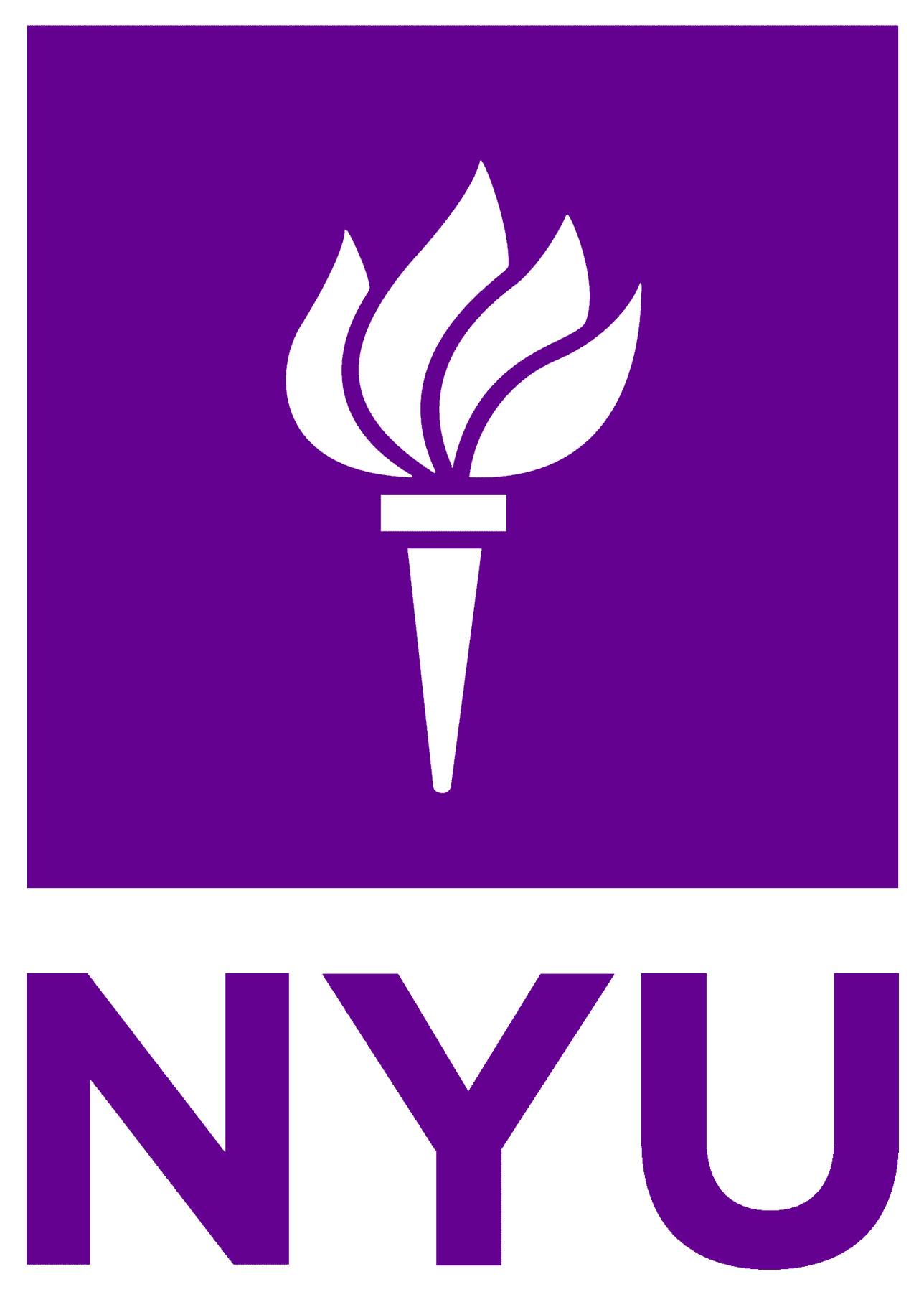A master’s in math education degree program prepares students to teach mathematics at various levels or to specialize in certain types of math instruction or curriculum preparation.
According to the National Center for Education Statistics, as of 2021, the cost of a master’s degree program was $19,749 on average. You can expect to spend around two years getting your degree if you attend full-time.
As a math educator, how much you earn depends on where you work and what level of math you teach. For example, middle school teachers make an average of $64,290 per year, while high school teachers earn slightly more at an average of $65,220 annually. A master’s degree can help you break into higher-paying jobs, including postsecondary teaching, where math teachers earn an average of $95,320 per year.
Why Trust Us
The Intelligent.com Higher Education Team is dedicated to providing students with independent, equitable school and program rankings and well-researched resources. Our expert-driven articles cover topics related to online colleges and programs, paying for school, and career outlooks. We use data from the U.S. Department of Education’s College Scorecard, the National Center for Education Statistics, and other reputable educational and professional organizations. Our academic advisory team reviews content and verifies accuracy throughout the year for the most current information. Partnerships do not influence rankings or editorial decisions.
- Analyzed over 2,000 national, accredited, and nonprofit colleges and universities
- 800+ rankings pages are reviewed and updated yearly
- Content is informed by reputable sources, surveys, and interviews with academic advisors and other experts
- Over 100 data points are reviewed for accuracy and quality throughout the year, including sources
How we rank schools
Our list features the best Math Education degree programs at top colleges nationwide. Each school featured is a nonprofit, accredited institution — either public or private — with a high standard of academic quality for post-secondary institutions.
We evaluated each school’s program on tuition costs, admission, retention and graduation rates, faculty, reputation, and the student resources provided for online students. We collected data from trusted sources like the National Center for Education Statistics, individual school and program websites, school admissions counselors, and other data sources. Then, we calculated the Intelligent Score on a scale of 0 to 100 based on the following criterion:
Academic Quality:
- Admission rate versus enrollment rate
- Retention rate of students who return after year one
- Accreditation status (regional and programmatic)
- Nonprofit status, both private and public institutions
Graduation Rate
- Overall graduation rate
- Total number of currently enrolled students, including diversity metrics
- Student-to-faculty ratio
Cost and ROI
- In-state and out-of-state per-credit tuition rates and fees
- Required credits to graduate
- Earning potential after graduation
- Availability of federal student loans, scholarships, and other financial aid options
Student Resources
- Available student services for online-only and hybrid programs
- On-campus amenities like tutoring centers and the number of libraries
Read more about our ranking methodology.
Best 29 Accredited Master's in Math Education Degree Programs
FiltersInstitution Type
Status
- Intelligent Score
- Alphabetically By University Name
- Acceptance Rate
- Enrollment
- In-state Graduate Tuition
- Out-of-state Graduate Tuition
- In-state Undergraduate Tuition
- Out-of-state Undergraduate Tuition

Teachers College at Columbia University
Intelligent Score: 99.58In-state: $57,864
Out-of-state: $57,864
In-state: $49,024
Out-of-state: $49,024
SAT: 1460-1570
ACT: 33-35
$2,049
On-Campus
Middle States Commission on Higher Education
60

University of Georgia College of Education
Intelligent Score: 98.27In-state: $9,790
Out-of-state: $28,830
In-state: $8,878
Out-of-state: $8,878
SAT: 1250-1460
ACT: 29-33
In-State: $370
Out-of-State: $1,050
On-Campus
Southern Association of Colleges and Schools Commission on Colleges
30

UF College of Education
Intelligent Score: 98.19In-state: $4,477
Out-of-state: $25,694
In-state: $10,770
Out-of-state: $10,770
SAT: 1290-1460
ACT: 29-33
Resident: $448
Non-Resident: $1,138
On-Campus, Online
National Council for Accreditation of Teacher Education
30

Harvard Extension School
Intelligent Score: 97.93In-state: $49,653
Out-of-state: $49,653
In-state: $49,448
Out-of-state: $49,448
SAT: 1460-1580
ACT: 33-35
$1,073
On-Campus, Online
New England Commission of Higher Education
36

Boston University
Intelligent Score: 96.30In-state: $56,854
Out-of-state: $56,854
In-state: $56,854
Out-of-state: $56,854
SAT: 1310-1500
ACT: 30-34
$997
On-Campus
New England Commission of Higher Education
36

University of Washington College of Education
Intelligent Score: 95.57In-state: $10,629
Out-of-state: $37,998
In-state: $16,278
Out-of-state: $16,278
SAT: 1200-1453
ACT: 27-33
In-State: $870
Out-of-State: $1,571
On-Campus
Northwest Commission on Colleges and Universities
45

NYU Steinhardt
Intelligent Score: 94.33In-state: $52,204
Out-of-state: $52,204
In-state: $34,704
Out-of-state: $34,704
SAT: 1370-1540
ACT: 31-34
$2,185
On-Campus
Association for Advancing Quality in Educator Preparation
30

CUNY Hunter College
Intelligent Score: 93.01In-state: $6,930
Out-of-state: $14,880
In-state: $11,090
Out-of-state: $11,090
SAT: 1170-1340
ACT: 25-31
Resident: $470
Non-Resident: $855
On-Campus
National Council for Accreditation of Teacher Education
41

University of Illinois at Urbana - Champaign
Intelligent Score: 92.76In-state: $14,317
Out-of-state: $33,824
In-state: $15,016
Out-of-state: $15,016
SAT: 1200-1460
ACT: 27-33
Resident: $468
Non-Resident: $1,011
On-Campus
Higher Learning Commission
32

CUNY Queens College
Intelligent Score: 91.58In-state: $6,930
Out-of-state: $14,880
In-state: $11,090
Out-of-state: $11,090
SAT: 1170-1340
ACT: 25-31
Resident: $470
Non-Resident: $855
On-Campus
Middle States Commission on Higher Education
39

CUNY Brooklyn College
Intelligent Score: 91.23In-state: $6,930
Out-of-state: $14,880
In-state: $11,090
Out-of-state: $11,090
SAT: 1170-1340
ACT: 25-31
Resident: $470
Non-Resident: $855
On-Campus
Middle States Commission on Higher Education
30-40

Syracuse University School of Education
Intelligent Score: 86.48In-state: $53,432
Out-of-state: $53,432
In-state: $40,392
Out-of-state: $40,392
SAT: N/A
ACT: N/A
$1,500
On-Campus
Association for Advancing Quality in Educator Preparation
30-38

Hofstra University
Intelligent Score: 85.80In-state: $48,315
Out-of-state: $48,315
In-state: $26,172
Out-of-state: $26,172
SAT: N/A
ACT: N/A
$1,630
On-Campus
Middle States Commission on Higher Education
33

University of Minnesota
Intelligent Score: 84.79In-state: $13,318
Out-of-state: $31,616
In-state: $17,580
Out-of-state: $17,580
SAT: 1240-1460
ACT: 25-31
Resident: $796
Non-Resident: $1,232
On-Campus
Higher Learning Commission
31

CUNY City College
Intelligent Score: 84.1In-state: $6,930
Out-of-state: $14,880
In-state: $11,090
Out-of-state: $11,090
SAT: 1170-1340
ACT: 25-31
Resident: $470
Non-Resident: $855
On-Campus
National Council for Accreditation of Teacher Education
30

Ohio State University
Intelligent Score: 83.40In-state: $10,615
Out-of-state: $32,599
In-state: $11,560
Out-of-state: $11,560
SAT: 1210-1430
ACT: 26-32
Resident: $821
Non-Resident: $1,733
On-Campus
Council for the Accreditation of Educator Preparation
34

University of Louisville
Intelligent Score: 83.03In-state: $11,966
Out-of-state: $28,312
In-state: $13,260
Out-of-state: $13,260
SAT: 1050-1270
ACT: 21-28
Resident: $791
Non-Resident: $1,606
On-Campus
Southern Association of Colleges and Schools Commission on Colleges
30-36

Millersville University
Intelligent Score: 82.64In-state: $9,570
Out-of-state: $19,290
In-state: $9,288
Out-of-state: $9,288
SAT: 1000-1190
ACT: N/A
Resident: $516
Non-Resident: $774
On-Campus
Council for the Accreditation of Educator Preparation
30-36
How to Choose a Master’s in Math Education Degree Program
Choose your area of study
Many master’s in math education degree programs offer concentrations. For example, you could choose to specialize in math education for elementary, middle, or high school students.
Understanding how your career aspirations impact your concentration choice is important before you research programs. For instance, some schools offer master’s in math education programs designed for teachers who are currently working in the field and want to improve their knowledge and skills. Other programs are designed for recent graduates who want to add to their knowledge before seeking a position in education.
Research schools and programs
Start researching online to find schools that offer master’s in math degree programs that work for you. Factors to consider include:
- Location. If you’re looking for an in-person or hybrid program, you may need one that’s realistic to commute to. Consider how much time you may need to spend on campus outside of class, such as working in the library or meeting with classmates on potential group projects.
- Concentrations available. Make a shortlist of programs that have your desired concentrations and best support your career goals.
- Timelines. Look at the admission deadlines and when programs start. You may also need to consider how long the program will take and if it fits your career timeline.
- Program and staff reputation. Read reviews from former students, check out the staff profiles, and confirm whether the schools you’re considering are accredited.
Prepare for tests and applications
Application processes for grad school can take weeks or even months, so it’s essential to plan ahead and allow enough time for taking required tests and gathering necessary documents.
Testing is often a primary concern for students interested in a master’s in math education program. However, not every school requires test scores from something like the GRE for admission. This is especially true if you have a bachelor’s degree in a related field or have in-classroom teaching experience. Talk to the admissions office at the schools of your choice to understand if there are any testing requirements.
Review the application process to understand what documents you may need. Common requirements include copies of transcripts and diplomas, essays, and letters of recommendation.
Select your program
Plan to apply to several programs to ensure you get into at least one. The success of your application process will help you narrow your list further. For instance, if you only get into one program, the choice is made for you. If you get into more than one program, consider the pros and cons of each before making a decision about what option might be best for you.
Determine how you’ll pay for your degree
Take some time to plan how you’ll cover the cost of your degree. Going in with a plan helps you avoid racking up unplanned education expenses or graduating with a hefty loan on your shoulders. Some common options for paying for grad school include scholarships, grants, loans, work-study programs, employer assistance programs, and personal savings. If you’re working full-time, it’s worth a chat with your HR department to find out if there are any options to help pay for your degree.
What Can You Expect From a Master’s in Math Education Degree Program?
You can expect to engage in classroom work, research projects, and field internships as you navigate a master’s in math education degree program. Teachers who are already working in the classroom may be able to leverage their day jobs to complete field projects and skip internships or other similar requirements, if applicable.
During your program, you will participate in classes that concentrate on learning and development, instruction and curriculum, teaching math concepts, assessing learners, and other topics related to math, classroom management, and educating.
The speed at which you can complete a master’s degree in math education depends on how your program is structured. On average, it takes about two years to complete these programs. Cohort-style accelerated programs designed for existing educators may take as little as one year, while part-time students may need four or more years to complete the program.
Potential courses you’ll take in a master’s in math education degree program
- Learning and Development. This course focuses on education theory and learning development for the age range relevant to the program — whether that’s elementary, middle, high school, or postsecondary students. You may have the opportunity to take more than one class to expand your knowledge to various age groups.
- Curriculum Development. If you’re interested in developing math curricula in the future, you’ll need to take this class to understand how to write and design engaging materials and lesson plans.
- Instructional Theory. This course covers topics such as classroom management, teaching advanced or gifted students, and lesson planning, as well as the history and application of instructional theories.
- Teaching Mathematics. This course concentrates on practical applications in teaching math. Again, the exact nature of this course will depend heavily on your concentration and the age range of students you are learning to teach.
- Professional Field Project. Most master’s in education programs require students to complete a field project or research. This could include writing a thesis, doing field research on a math education topic, or implementing a program or curriculum within a classroom environment.
Master’s in Math Education Degree Program Frequently Asked Questions
How do I apply to a master's in math education degree program?
You can apply to most master’s in math education programs — even on-campus ones — via online application processes. Read about the application requirements for programs you’re interested in, and make a task list for each to keep yourself organized. Then, begin the process of gathering documents.
You will likely need to order transcripts from previous schools and may need to take the GRE or another test. It often helps to have letters of recommendation from prior professors, employers, or work colleagues. Ensure you ask for those far enough in advance that people have time to write them.
Talk to an admissions counselor with any school you’re interested in to get detailed information about admissions requirements.
How much does a master's in math education degree cost?
The average cost of a graduate degree as of 2021 was around $19,750, with the average at public institutions around $12,390 and the average at private universities around $26,620.
Your total cost will depend on the number of credit hours the program requires and the cost of each credit hour. For example, if a program requires 30 credit hours and each credit costs $700, the total tuition cost is $21,000. You’ll also need to consider costs for books, supplies, and fees.
How long does it take to earn a master's in math education degree?
Traditional master’s in math education degrees take two years to earn, attending classes full-time for four semesters in the fall and spring. Depending on the program, you may be able to speed up the time it takes to complete your degree by taking summer classes, transferring credits, or getting credit for professional experience.
If you attend part-time, it may take three to four years or more to complete your degree. However, some programs offer accelerated options for experienced professionals, which may only take a year to complete.

